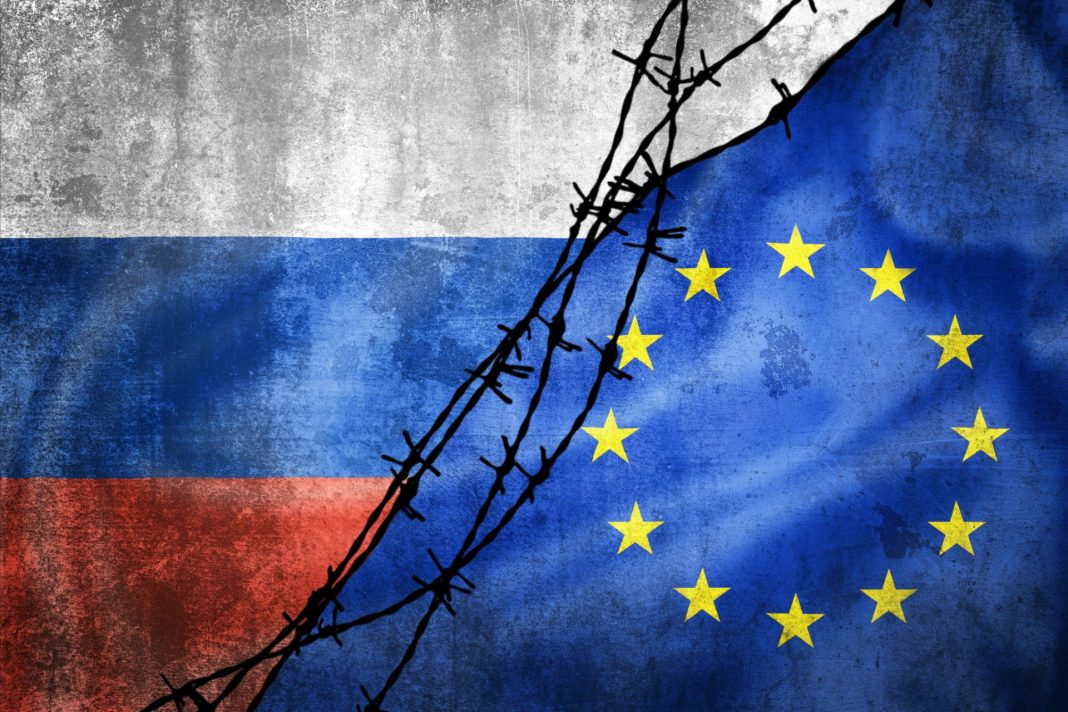The package will be formally approved in time for the second anniversary of the start of the Russian military operation in Ukraine on February 24. Brussels has placed 12 rounds of restrictions on Russia since the start of the conflict in February 2022. The existing sanctions already target a broad range of sectors and include trade embargoes, travel bans and individual sanctions against Russian businessmen and public officials.
“EU Ambassadors just agreed in principle on a 13th package of sanctions in the framework of Russia’s aggression against Ukraine,” the Belgian presidency said, calling it “one of the broadest approved by the EU”.
European Commission President Ursula von der Leyen welcomed the agreement, stating in a post on X: “We must keep degrading [Vladimir] Putin’s war machine.”
The new package will see nearly 200 entities and individuals banned from traveling to the EU, while both the individuals and companies face freezes on their assets.
“With 2,000 listings in total, we keep the pressure high on the Kremlin. We are also further cutting Russia’s access to drones,” von der Leyen wrote.
German Foreign Minister Annalena Baerbock also signaled this week that the new round of Russia sanctions will affect the supply of unmanned aerial vehicles (UAVs).
According to media reports, citing European diplomats, the EU is planning for the first time to sanction companies in mainland China and in other countries including Turkey, India, and Serbia, for helping Moscow circumvent sanctions by allegedly supplying it with components that can be repurposed for use in drones and other weapon systems.
China has reacted to reports that its firms could be blacklisted, saying it rejects “illegal sanctions,” while vowing to protect the interests of Chinese companies.
Moscow has condemned the Western sanctions and has repeatedly warned that they hurt the EU more than Russia in economic terms.
